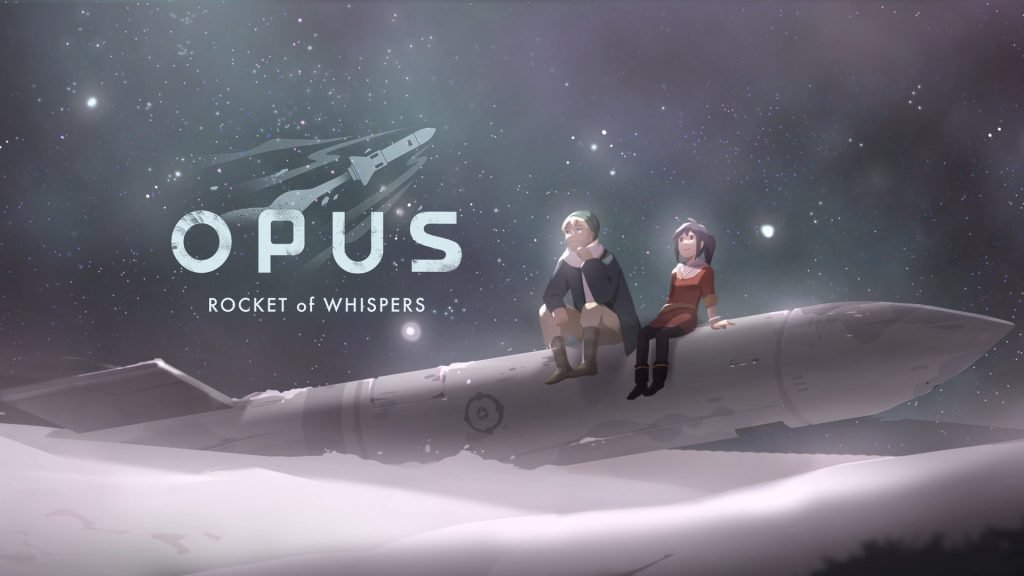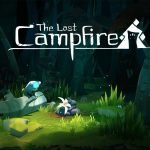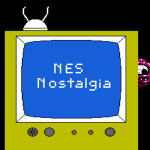Mysterious backstory, cosmic balance, ancestral duty. Stop me if you’ve heard this one before. Heavy topics, yes, but not to worry. This game is poetry, and these types of themes are in the prequel OPUS: The Day We Found Earth. It seems that there is even a theme in common between that game and OPUS Rocket of Whispers, but I am hesitant to say, conclusively, what it is.
I’ll give you a quick background on this game. It takes place somewhere that may be Earth or possibly a blue equivalent. You play two characters. Alternating as the story sees fit, John, a survivalist rocket part scavenger, and Fei, the rocket constructing witch and emotional support to John.
The title “witch” is not thrown around loosely like a support class, this is a title given to the shamanistic mystics that play a super important part in the story. Most of it is clear in the first 5 minutes, but it is thematically complex. Also, it has occurred to me that this is not really a game for all audiences. Some of the themes, although not rude, are a bit mature like John’s background. If you’re cool with that, then read on.
Looking for deals on video games & accessories?
Go to Mr. Dave's Video Game Shop on eBay!
Genius Loci
Genius Loci, which means spirit of place in Latin. Fei and John’s world has a thick heavy fog of spirits and spirits who inhabit it. This is crucial to understanding the game. While making a rocket sounds like a nice escape scenario for a barren world, it’s actually a project of Fei and John’s attempt to honor the tradition of their fallen civilization. This is a ritual known as “Space Burial.” It’s a rather sweet sentiment for a game story that’s given a courteous comfort zone. This doesn’t surprise me given my experiences with The Day We Found Earth. What I mean by that, of course, is that there are equal amounts of gameplay juxtaposed with backstory and the current plot–not just one long cutscene.
“Space Burial” is something spirits of these planets have had for decades. Because of the state of things, spirit inhabitants scatter throughout the land waiting for their passage into the cosmos via a rocket. Something which is the domain of “witches” from the “Church of Earthology” before the plague.
Spring Ahead in OPUS Rocket of Whispers
Here, 25 years into the future, these two characters face odd obstacles of mathematical equations, part acquirement, and John’s terribly debilitating condition of being able to hear the cries of spirits. It’s not really creepy or anything. John’s disposition is a bit troubled, but it lifts at times. I played this game for quite a bit and I did not encounter anything too disturbing. Warning though, some of the background story in OPUS Rocket of Whispers covered by the cut scenes is rather emotional.

John was a happy-go-lucky kid that now has to deal with a troubled past. He’s actually rather pleased when he’s not in grief though, even towards the beginning. Fei chides him for his cynicism though and the two banter in a rather melancholic way.
Gameplay in OPUS Rocket of Whispers

Okay, that’s enough story outline. What’s the gameplay here? Well, most of it involves a combination of actual mechanical necessity and some of it involves misdirection or more story unveiling. You’ll wander through a pixel art top-down map of your outdoor surroundings and things hidden within the general vicinity of the rocket workshop. It’s a humble environment but aesthetically pleasing.
The game’s progress requires some puzzles for collecting objects. Fairly soon, the spirits guide you to collection areas like workshop roofs and blocked ritual areas. This makes things a lot easier and also engaging. I found the quest tasks like making metal cutters or boots a challenge to me in the right ways. The ability to go anywhere new becomes encouraging because most of the story is usually in relatively close quarters.
The Emotional Message
OPUS Rocket of Whispers has pretty good intentions. The free mobile version of the game ends in terms of length and content just about as long as The Day We Found Earth. If you purchase it, either on the console or after playing for free on mobile platforms, there are about 3 more hours of gameplay with the purchased version.

I recognize in Fei and John something I’ve seen in myself. A friendly, but necessary banter, something or somebody that keeps you strong knowingly even though it is a struggle. A nudge to stay alert. It’s a genuine survival method, although I’m not even sure that’s it either. Personally, I’m satisfied with that level of uncertainty.
There are certain themes in life that exist continuously in the human spirit. This game fills the void of purpose in a purposeless environment. First, it’s space, then it’s civilization, then it’s humanity. Or maybe the other way around. Each one is disintegrated and sometimes rebounds regularly to keep us strong. That’s my opinion anyway. You might recognize the concept.
For Posterity
I really was hesitant to try this game, because the first one was so good. I guess I wasn’t sure if it could be repeated. It made me feel something that I haven’t felt that often though. I recently paid a visit to the developer’s website, and I’m happy to inform you that they have announced the third game in the series to be released this year called OPUS: Echo of Starsong. It looks just as emotionally complex as its predecessors, and I eagerly anticipate the wait.
Also, one other thing. The soundtrack on this is amazing. It sets an ambiance that I felt in the first OPUS. Very instrumental and relaxed. It is listenable on Bandcamp at this link if you are searching for it.
If you enjoyed this, feel free to visit other articles and topics on this site. You can find more posts by either using the menu at the top or by visiting the main page MrDavePizza.com for recent posts.



